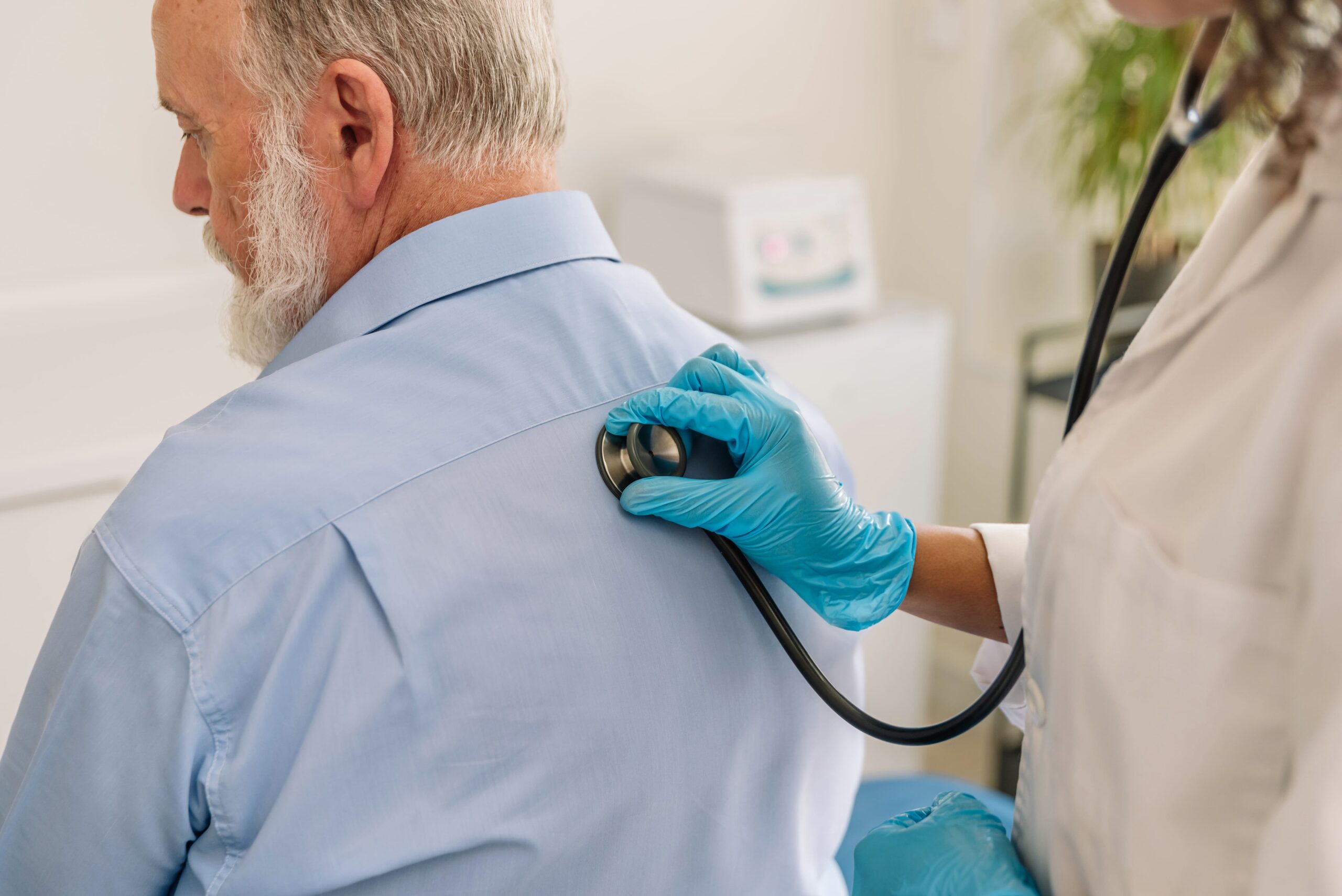Many people believe that feeling well means they don’t need medical check-ups. Numerous health conditions develop silently, without obvious symptoms in their early stages. Regular health screenings can detect problems before they become serious, potentially reducing the need for complex treatments later.
Why Do Some Health Conditions Develop Without Symptoms?
Many conditions develop gradually over months or years without causing noticeable symptoms. Your body often adapts to changes, masking warning signs until problems become more pronounced.
High blood pressure: typically causes no symptoms until it reaches elevated levels
Type 2 diabetes: can develop slowly, with early signs like increased thirst or fatigue easily dismissed as everyday tiredness
High cholesterol: typically has no symptoms but can quietly raise your risk of heart disease and stroke over time.
Certain cancers: including bowel, breast, and cervical cancers often show no early warning signs
What Health Screenings Typically Include
Routine health screenings focus on detecting common conditions. The specific tests recommended depend on your age, family history, and risk factors.
Blood pressure checks: identify hypertension that could lead to heart attack, stroke, or kidney problems
Blood tests: measure cholesterol levels, blood sugar, and can detect signs of diabetes or kidney disease
Cancer screening programmes: include cervical screening for women, bowel cancer screening, and breast screening for eligible age groups
Weight and BMI measurements: help assess your risk of conditions like type 2 diabetes, hypertension, and fatty liver disease.
When to Start Health Screenings
Different health screenings become important at various stages of life. Understanding when to start specific tests helps you stay proactive about your health.
From age 40: Have your blood pressure checked at least once every 1 to 2 years, or more often if previous readings were high.
Ages 40-74: Consider regular health screenings every one to two years to assess your risk of heart disease, type 2 diabetes, and kidney problems.
Women aged 25-64: Cervical screening every three to five years to detect early changes that could lead to cancer
Ages 50–74: Bowel cancer screening every two years using a home testing kit or as advised by your doctor.
Risk Factors That Affect Screening Needs
Individuals may need health screenings earlier or more frequently due to personal or family risk factors. These factors can accelerate disease development or increase your likelihood of specific conditions.
- Family history of heart disease, diabetes, or cancer doubles or triples your risk of developing these conditions
- Lifestyle factors including smoking, excessive alcohol consumption, or sedentary behaviour increase multiple health risks
- Existing conditions like obesity or previous high blood pressure readings require more frequent monitoring
- Occupational exposure to chemicals, dust, or other hazards may necessitate specialised screening tests
Conclusion
Feeling well doesn’t always mean you’re free from underlying health risks. Many conditions develop silently and are only detected through routine screening. Your personal and family medical history, along with lifestyle factors, can influence when and how often you should be tested.
Speak to your internal medicine and hypertension specialist to determine which health screenings are right for your age, risk factors, and overall well-being.


